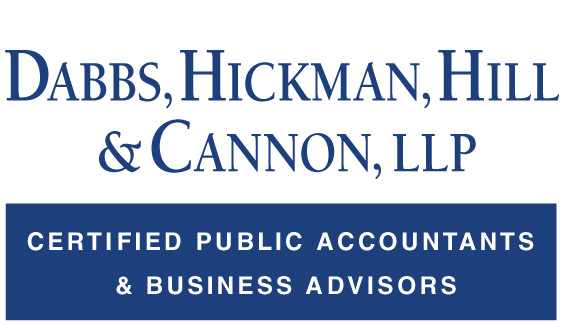SUBSCRIBE
Enter your Name and Email address to get
the newsletter delivered to your inbox.
Please include name of person that directed you to my online newsletter so I can thank them personally.

Dabbs, Hickman, Hill & Cannon, LLP
319 South Main Street, PO Box 727
Statesboro, GA 30459
Phone: 912-764-6951
325 Tattnall Street
Savannah, GA 31401
Phone: 912-233-9004

Owning a business is challenging and hard work, so you’ll want to compensate yourself appropriately. How you do that depends on the structure of your business.
Draws aren't taxed when they are taken. Instead, because a sole prop is a pass-through entity, all of the business's income is taxed on the owner's tax return using Schedule C. And self-employment tatx will be calculated on Schedule SE.
Partnerships are another type of pass-through entity. Partners receive a Schedule K-1 that reports their share of the partnership's income. And partners pay income and self-employment tax on their individual tax returns similarly to sole props.
Enter your Name and Email address to get
the newsletter delivered to your inbox.
Please include name of person that directed you to my online newsletter so I can thank them personally.
Enter your Name, Email Address and a short message. We'll respond to you as soon as possible.
The information and opinions contained in this web site are obtained from sources believed to be reliable, but their accuracy cannot be guaranteed. The publishers assume no responsibility for errors and omissions or for any damages resulting from the use of the published information. This web site is published with the understanding that it does not render legal, accounting, financial, or other professional advice. Whole or partial reproduction of this web site is forbidden without the written permission of the publisher.